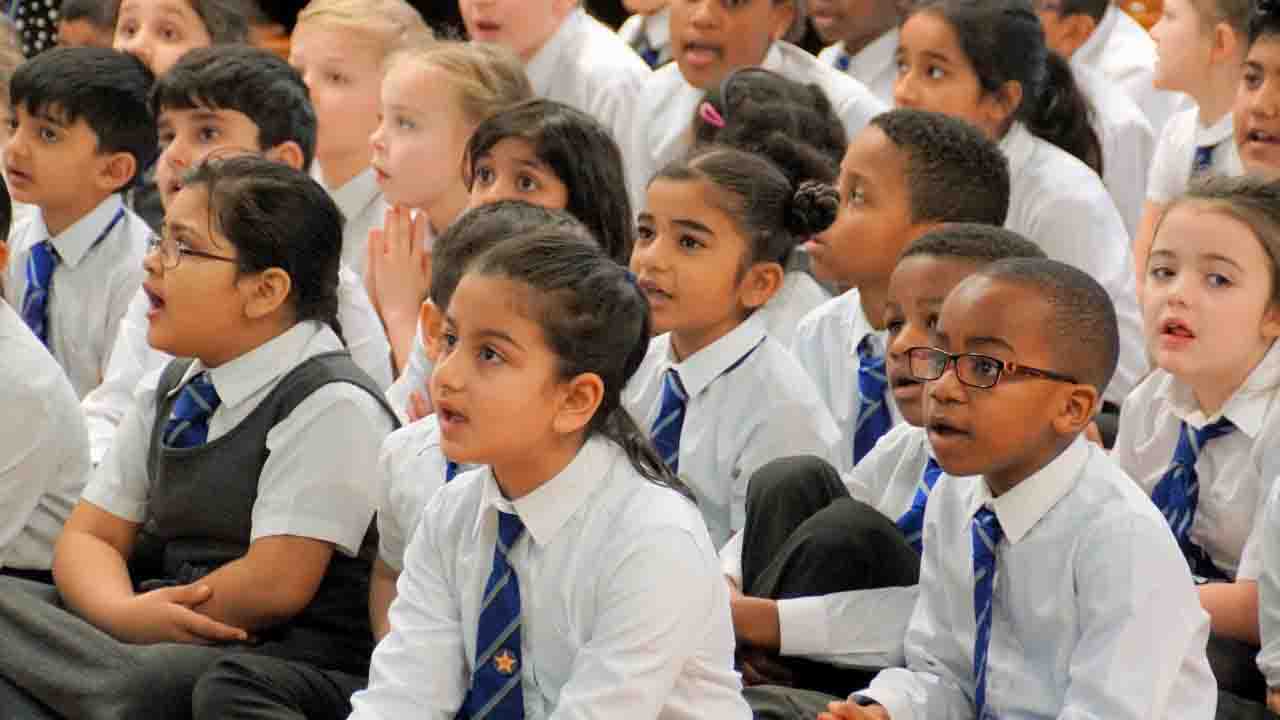Europe UK (Commonwealth Union) – The mental health of school children has consistently been a significant concern for decades with school bullying pressure with grades and more recently cyber bullying and stalking which has led to many parents strictly restricting their children’s internet and social media usage.
A study has demonstrated that a programme funded by the National Health Service giving mental health services in schools and Further Education colleges has had vital early progress in the initial 3 years.
As indicated in the new analysis, sizable challenges also remain, such as supporting children and young people with more specialist requirements and keeping staff within the service.
The study received funds from the National Institute for Health and Care Research (NIHR) and was conducted together by the Birmingham, RAND and Cambridge Evaluation (BRACE) Centre along with the Policy Innovation Research Unit (PIRU) at the London School of Hygiene & Tropical Medicine.
From January 2020, the 1st mental health support teams (MHSTs) in England commenced services. The researchers looked into experiences of setting up and delivering MHSTs in the 1st 25 ‘Trailblazer’ locations, which consisted of survey data from almost 300 schools and colleges; interviews with 132 people playing a role in conducting MHSTs; as well as focus groups with children and young people.
Mental Health Minister Maria Caulfield says “It’s excellent to see that Mental Health Support Teams are having a positive impact in schools, giving staff more confidence, improving access to advice and support, and strengthening relationships between schools and mental health services.
“This research shows there is room for improvement which I hope will be taken onboard as the number of Mental Health Support Teams will increase to almost 400 by April 2023. These will cover three million children and young people – part of an extra £2.3 billion a year investment into mental health services.”







